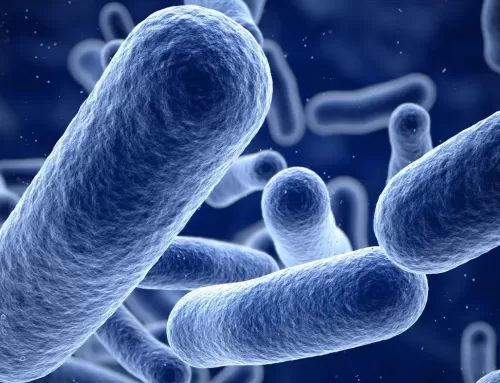Ketogenic diet and Actazin®’s role in supporting protein digestion
The ketogenic diet (keto) is the world’s fastest growing way of eating. It has seen success with weight loss and has since gained interest in the areas of neurological and cardiovascular health.
The macronutrients of keto consist of a high amount of healthy fat (70-80%), moderate protein (20-25%) and low carbs (5-10%). It is regarded as a more sustainable weight loss plan as fats and protein are known to increase satiety levels and keep a person feeling full for a longer period of time. When carbohydrate intake is reduced, the body eventually enters a state known as ketosis.
In ketosis, the body burns fat instead of carbohydrates from food, and produces ketones which fuel the body and brain functions instead of glucose. Ketones also control hunger by suppressing ghrelin, the “hunger hormone” that signals the brain to eat and so the ketogenic diet is easier to maintain.
The very little carbs that are consumed in the diet are quickly digested instead of being stored as fat in the body. Resultantly, the diet lowers blood sugar and insulin levels, and leads to weight loss.
Fat is crucial for optimal functioning of cells. It supplies energy to the body and plays a vital role in hormone signalling. 60% of our brain and nervous system is made up of fat and it utilises 20% of our body’s metabolic energy and oxygen (O’Brien & Sampson, 1965).
Apart from weight loss, keto has been reported to help with heart disease, through better long term body weight and cardiovascular risk management (Maffetone & Laursen, 2017), diabetes, epilepsy and seizure disorders (Wheless, 2008), and a number of other neurological disorders including headaches, Parkinson’s, sleep disorders, autism and multiple sclerosis (Paoli et al., 2013).
While there are no long-term studies on the benefits of keto in terms of mortality and cardiovascular outcomes, it has not stopped celebrities and weight watchers from jumping on the bandwagon overlooking some of the risks.
Common side effects of a ketogenic diet include bad breath, digestive discomfort, indigestion, constipation, and low blood sugar. In the first few days of the diet, followers may also experience nausea, insomnia, and a general feeling of being unwell.
Due to the low level of dietary fibre that is typically consumed with keto, the gut microbiome can also suffer, as a healthy microbiome needs dietary fibre to maintain diversity and thrive.
Supplementing the diet with a natural digestive health aid may assist in reducing the unwanted side effects of keto.
Actazin® is a high-quality powdered ingredient derived entirely from New Zealand green (Hayward) kiwifruit. The proprietary processing technology gently converts the nutrient-dense green kiwifruit into a free-flowing powder which is packed full of the key bioactives from the whole fruit.
The bioactives within Actazin® include the enzyme actinidin, which enhances protein digestion; and dietary fibre, polyphenols, vitamins and amino acids to promote bowel regularity, increase gut mucus production, control inflammation, and increase faecal bulk.
Actazin® also acts as a prebiotic, providing nutrients for good gut bacteria and stimulating the production of beneficial short chain fatty acids (SCFAs).
The use of Actazin as part of a keto diet may assist with protein digestion, bowel regularity, microbiome balance, increase satiety, and provide natural fruit phytochemicals that may be lacking in the diet.
Note: The keto diet may also not be sustainable for some people’s lifestyles and preferences. There are also risks associated with long-term adherence to the diet. Speak with your doctor/health practitioner about your eating plan and goals to decide if a keto diet is right for you.
References:
Maffetone, P. B., & Laursen, P. B. (2017). The prevalence of overfat adults and children in the US. Frontiers in public health, 5, 290.
O’Brien, J. S., & Sampson, E. L. (1965). Lipid composition of the normal human brain: gray matter, white matter, and myelin. Journal of lipid research, 6(4), 537-544.
Paoli, A., Rubini, A., Volek, J. S., & Grimaldi, K. A. (2013). Beyond weight loss: a review of the therapeutic uses of very-low-carbohydrate (ketogenic) diets. European journal of clinical nutrition, 67(8), 789-796.
Wheless, J. W. (2008). History of the ketogenic diet. Epilepsia, 49, 3-5.











